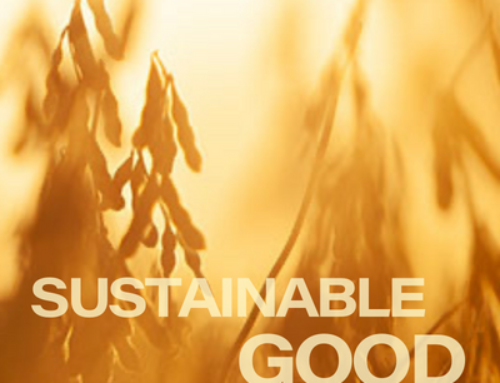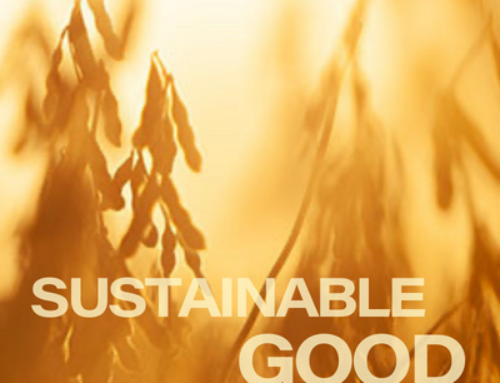Soy is a safe, healthy food source that consumers have trusted for years. In this blog post, specialty grower and ISA Director, Bryan Severs, and Market Development Coordinator, Jenna Siegel, discuss the humble beginnings of growing specialty soybeans.
Siegel: Can you start by introducing yourself and your background?
Severs: I farm with my two sons, Michael and Nicholas in Vermillion County, Illinois. I have been farming corn and soybeans since 1988.
Siegel: How long have you been growing specialty beans?
Severs: I have grown specialty soybeans since 2012, so for 11 years now.
Siegel: Can you discuss the major difference in commodity soybeans and specialty soybeans?
Severs: First of all, I would be remiss if I didn’t mention that the entirety of the food supply is safe, whether it’s a non-GMO product or a GMO product. That being said, the non-GMO soybeans that I grow are not genetically-modified. GMO and non-GMO soybeans serve different markets, internationally and in the U.S.
Siegel: Why did you begin exploring non-GMO soybeans?
Severs: Growing non-GMO soybeans gives farmers the opportunity to market their product with a premium attached. This definitely incentivized me to give it a look! The first year, we only planted about a quarter of our soybeans as non-GMO, and after that we went all-in on the soybean side.
Siegel: What was your biggest challenge when growing non-GMO?
Severs: The first year I was definitely worried about the clean-out. Any non-GMO product must be totally isolated from any GMO product. The combines, semis, grain carts; you name it! All of it has to be clean of any GMO product. If we have any contamination of GMO product, the elevator will send our load of soybeans away.
Siegel: What kind of learning curve did you have the first year with growing requirements?
Severs: I worried a lot the first year, more than I should have. All it takes is one GMO soybean to ruin a whole batch, so it is top of mind at the beginning. The second thing was weed control. We spend a lot of money on weed control. Over the years, we learned using a pre-applicant is helpful. Many folks who grow non-GMO do not do that, but it works well for us and has kept our fields very clean. I would challenge anyone to drive through our area and identify our non-GMO field in an area with lots of GMO fields!
Siegel: Can you talk about the strict requirements that elevators enforce when it comes to non-GMO loads to give some peace-of-mind to consumers in terms of the quality of their food?
Severs: Quality control is so important when growing non-GMO soybeans. We work hard all year for the premium price we are offered in growing a specialty bean. For buyers, they take pride in the product we provide them at a consistent and high-quality level. The little things add up, and that’s why we do what we do; not just to feed the world, but to feed the world well!

